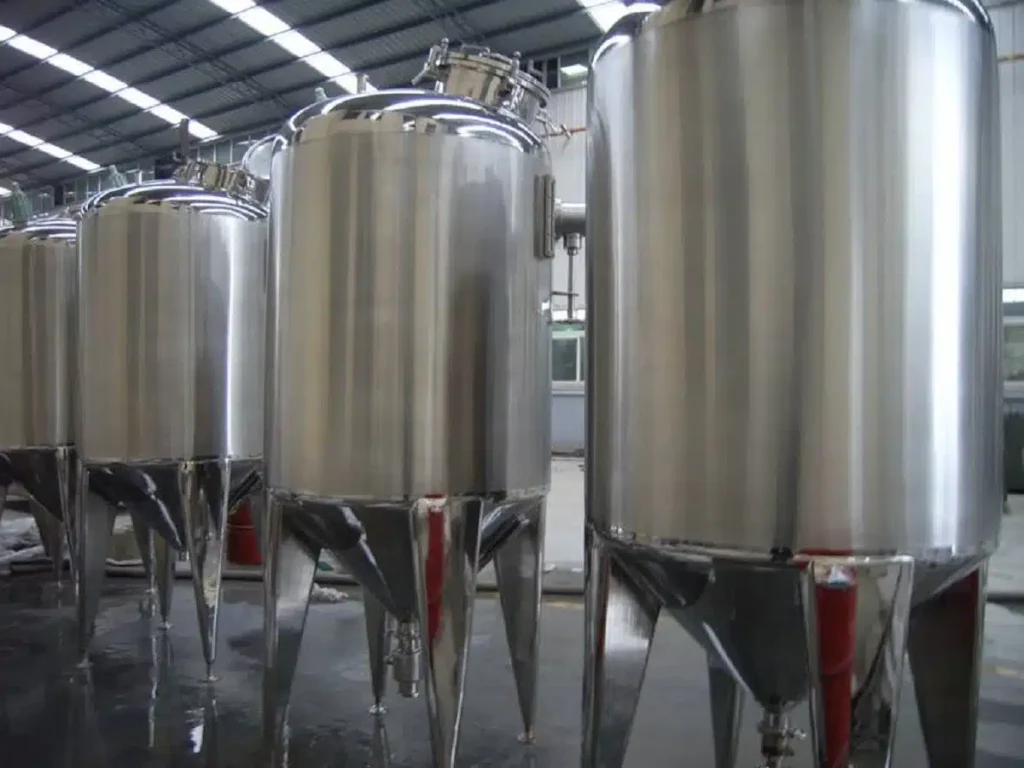
Glycol systems circulate ethylene or propylene glycol through industrial processes to efficiently transfer heat, prevent freezing, and maintain stable temperatures. They are critical in industries like oil and gas, power generation, biogas, and HVAC for reliable, energy-efficient operations.
Introduction to Glycol System Operations
A glycol system actively manages and controls the flow of glycol fluids through various industrial processes. Typically, Glycol, such as ethylene glycol or propylene glycol, offers excellent heat transfer properties. Therefore, industries use it in applications such as cooling, heating, and dehydration.
Importance of Glycol Systems Operations in Industry
Industries rely on glycol systems to maintain operational efficiency in oil and gas, power generation, biogas, and commercial/public works. For instance, these systems maintain operational efficiency, prevent equipment from freezing, and ensure smooth heat exchange processes. Consequently, investing in a robust glycol system enhances your facility’s reliability and performance.
Common Applications of Glycol System Operations
Glycol systems serve various industrial needs, including:
- Oil and Gas: Dehydration units use these systems to remove water vapor from natural gas.
- Power Generation: Cooling circuits and heat recovery systems depend on them for efficiency.
- Biogas: These systems maintain the optimal temperature for anaerobic digestion.
- Commercial/Public Works: HVAC systems widely adopt glycol systems for efficient temperature control.
The Basics of Glycol System Operations
Key Components of a Glycol System
Understanding the key components of glycol systems ensures clarity about how they function. These components include:
- Glycol Pumps: These pumps circulate glycol throughout the system to maintain flow.
- Heat Exchangers: They transfer heat between glycol and other fluids.
- Storage Tanks: These tanks hold the glycol solution for steady operation.
- Control Valves: These valves regulate glycol flow and maintain system balance.
Types of Glycol Used in Systems
Different applications require different types of glycol. The most common types are:
- Ethylene Glycol: Known for its high efficiency in heat transfer, but toxic and requires careful handling.
- Propylene Glycol: Less efficient in heat transfer but non-toxic, making it suitable for applications where safety is paramount.
How Glycol Circulation Systems Work
Overview of Glycol Circulation
Glycol circulation systems operate by continuously pumping glycol through a closed-loop network. This network allows the glycol to absorb heat from one part of the system and release it in another, effectively managing temperatures and preventing overheating or freezing. As a result, the system maintains its functionality under various operational conditions.
Role of Glycol Pumps
Glycol pumps are the heart of the circulation system. Specifically, they ensure a steady flow of glycol, maintaining consistent pressure and volume throughout the system. Properly functioning pumps are crucial for the efficiency and reliability of the entire setup. Therefore, regular maintenance of these pumps is essential for optimal performance.
Need a reliable partner?
Red River specializes in the design and manufacturing of pressure vessels. We also fabricate related items such as prefabricated spools and skid packages.
Reach Out to us today and experience the Red River difference. Where American Made and American Values come together, we care more.
Frequently Asked Questions
1. What is the primary purpose of glycol in industrial systems?
Glycol is primarily used for its excellent heat transfer properties. In industrial systems, it functions as an antifreeze, coolant, and dehydration agent. Its ability to maintain stable temperatures in both high and low extremes makes it ideal for various applications, including HVAC systems, power generation, and oil and gas dehydration processes.
2. How often should glycol be replaced in a system?
The frequency of glycol replacement depends on the specific application and operating conditions. Generally, glycol should be tested annually to check for degradation and contamination. If the glycol shows signs of significant degradation, contamination, or loss of efficiency, it should be replaced to ensure optimal system performance and prevent damage to equipment.
3. What are the environmental considerations when using glycol?
Both ethylene glycol and propylene glycol have environmental impacts that need to be managed. Ethylene glycol is toxic and requires careful handling and disposal to prevent environmental contamination. On the other hand, propylene glycol is less toxic and considered more environmentally friendly, but it should still be handled and disposed of properly. It is essential to follow all regulatory guidelines and best practices for the use and disposal of glycol to minimize environmental impact.
4. Can glycol systems be used in food and beverage applications?
Yes, glycol systems, particularly those using food-grade propylene glycol, are widely used in the food and beverage industry. These systems are employed in refrigeration, cooling, and heating processes to ensure consistent temperatures and maintain product quality. Food-grade propylene glycol is safe for use in these applications and meets the necessary health and safety standards.
5. How does a glycol system improve energy efficiency?
Glycol systems improve energy efficiency by providing stable and consistent temperature control, which reduces the energy required for heating and cooling processes. The superior heat transfer properties of glycol allow for more efficient operation of equipment, leading to lower energy consumption. Additionally, glycol’s antifreeze properties prevent freezing and overheating, reducing the need for additional energy-intensive interventions.
Key Takeaways:
- Glycol systems manage heat transfer, preventing equipment from freezing or overheating.
- Ethylene glycol is highly efficient but toxic; propylene glycol is safer and suitable for food applications.
- Key components include pumps, heat exchangers, storage tanks, and control valves for steady operation.
- Regular maintenance and proper disposal ensure system efficiency, safety, and environmental compliance.
Related Blog Post

Pressure Vessel Design & Engineering: Concept to Launch

What is Pressure Vessel Design and Engineering: Code-Ready Guide

What are the Key Factors in Pressure Vessel Engineering

How Do You Design a Pressure Vessel: A Step-By-Step Guide

What is Pressure Vessel Fabrication and Manufacturing
About Author

